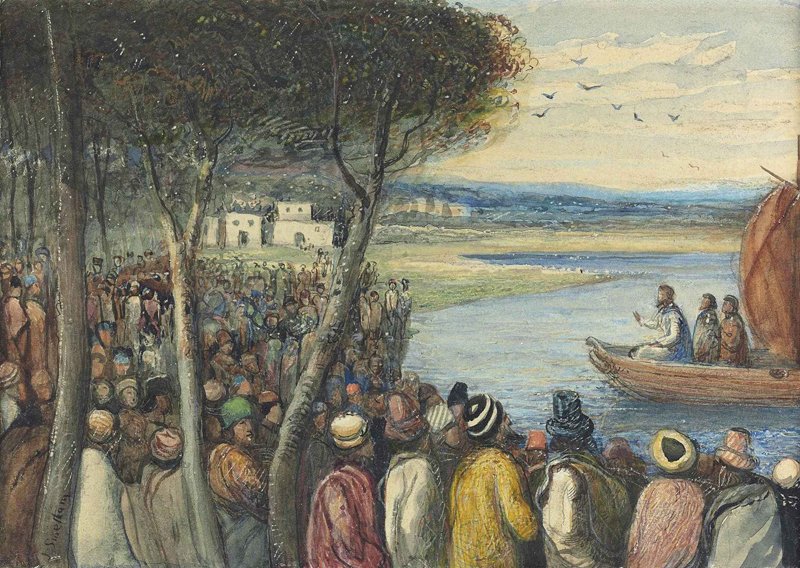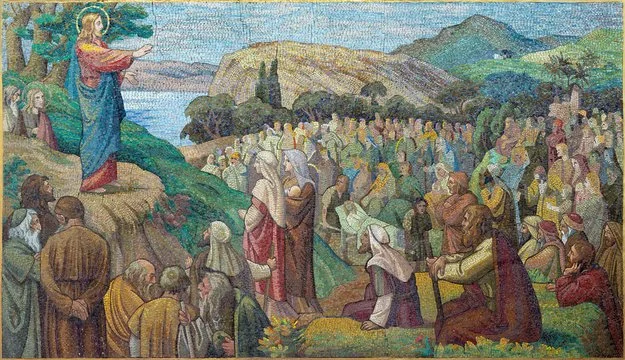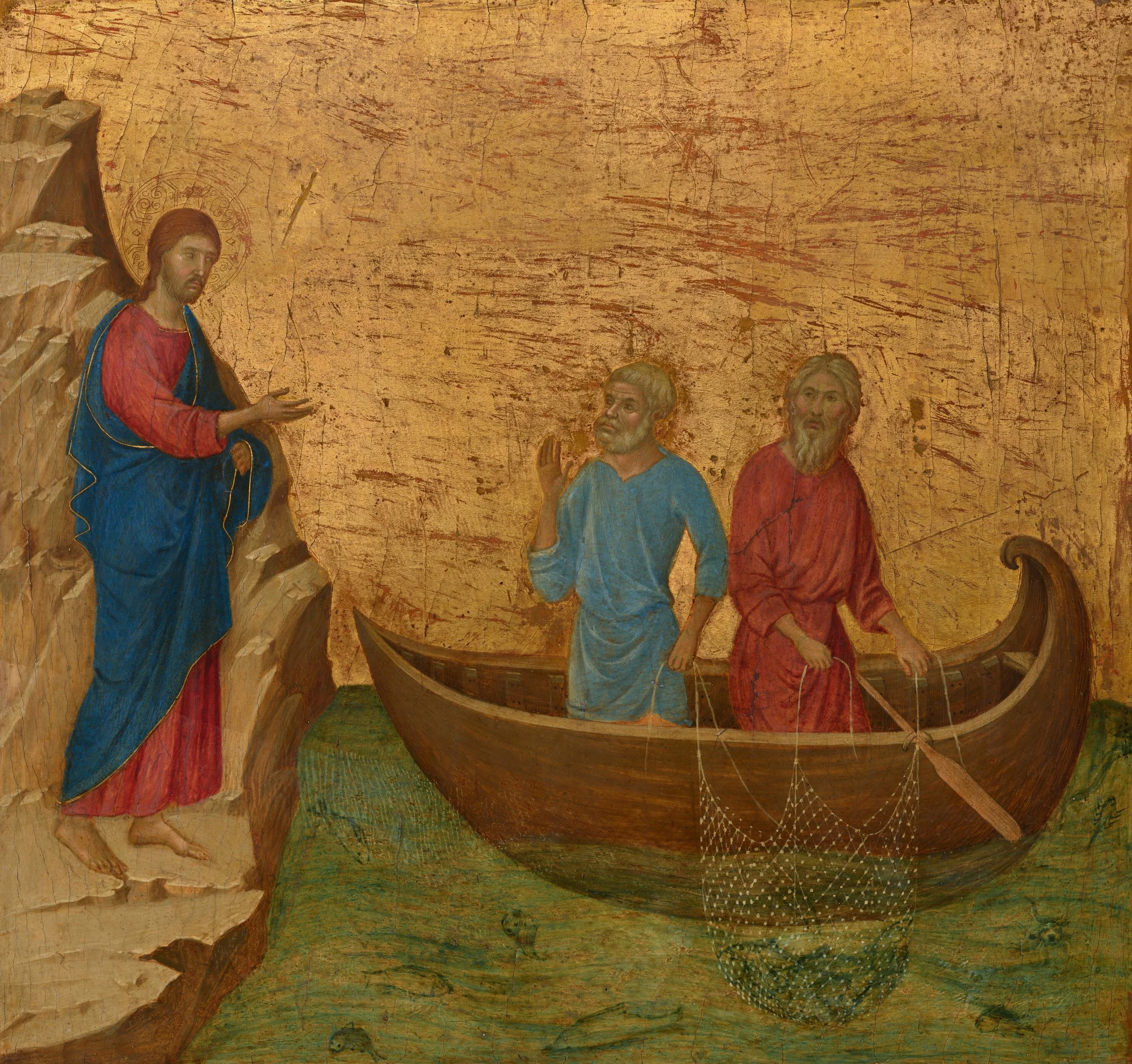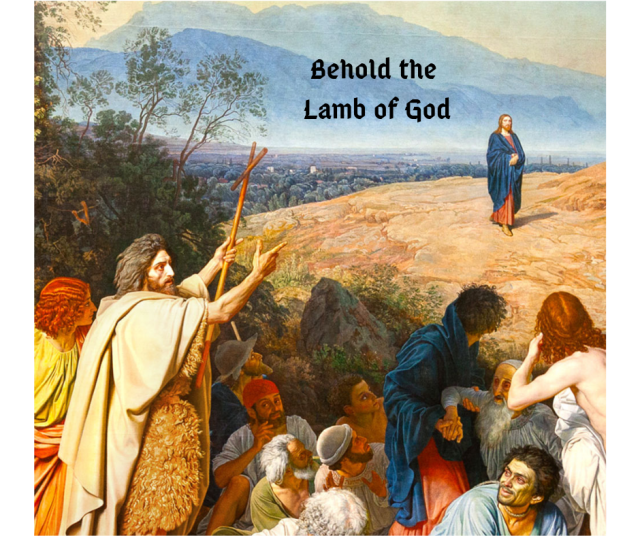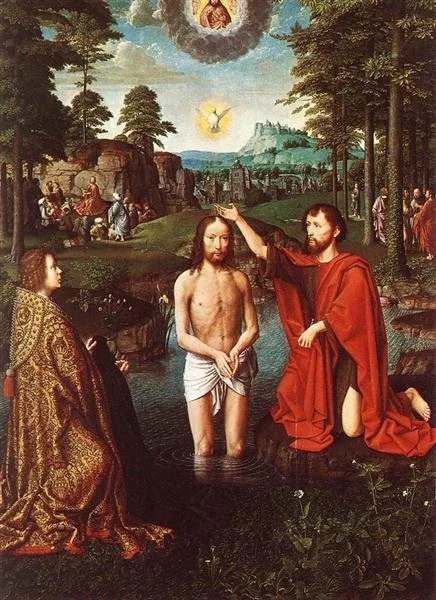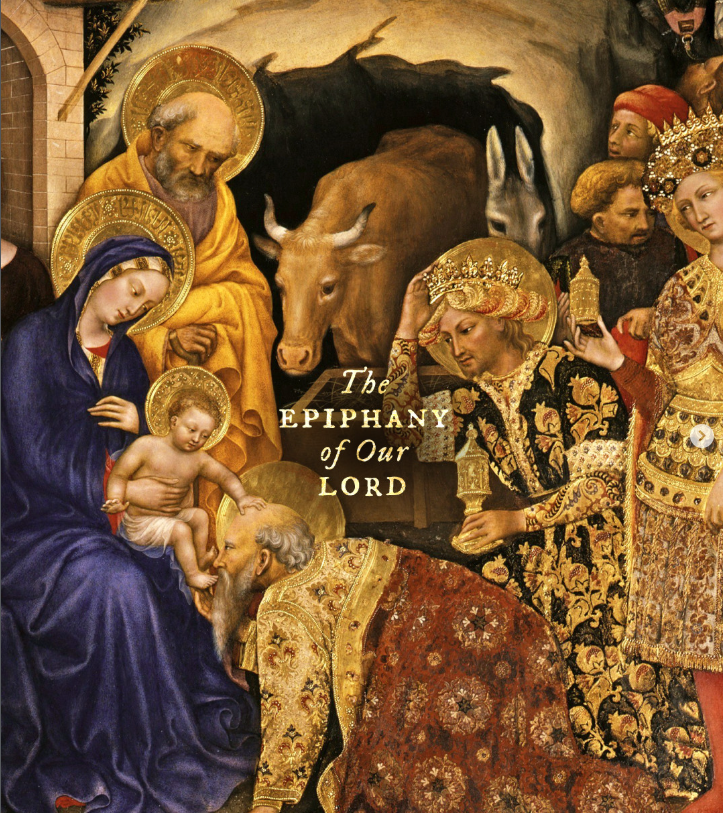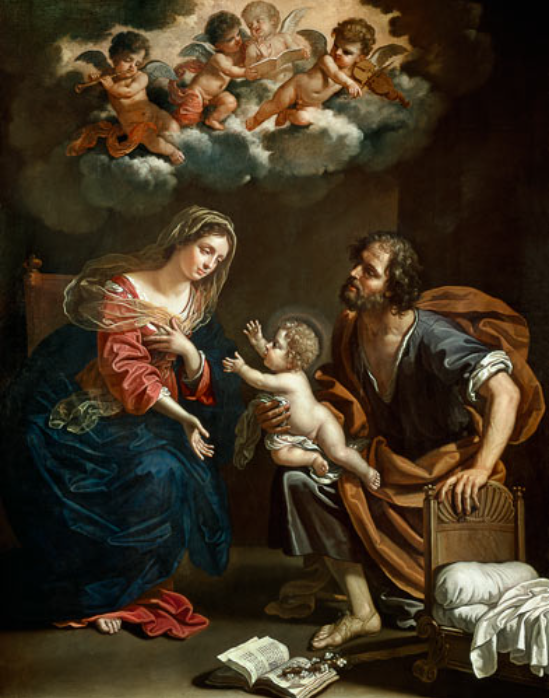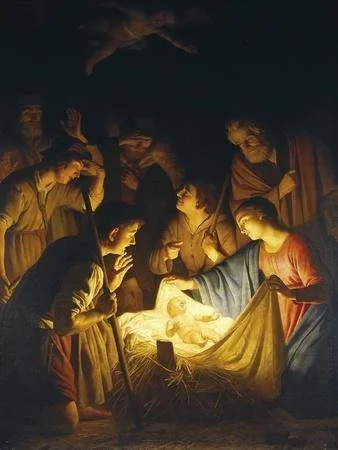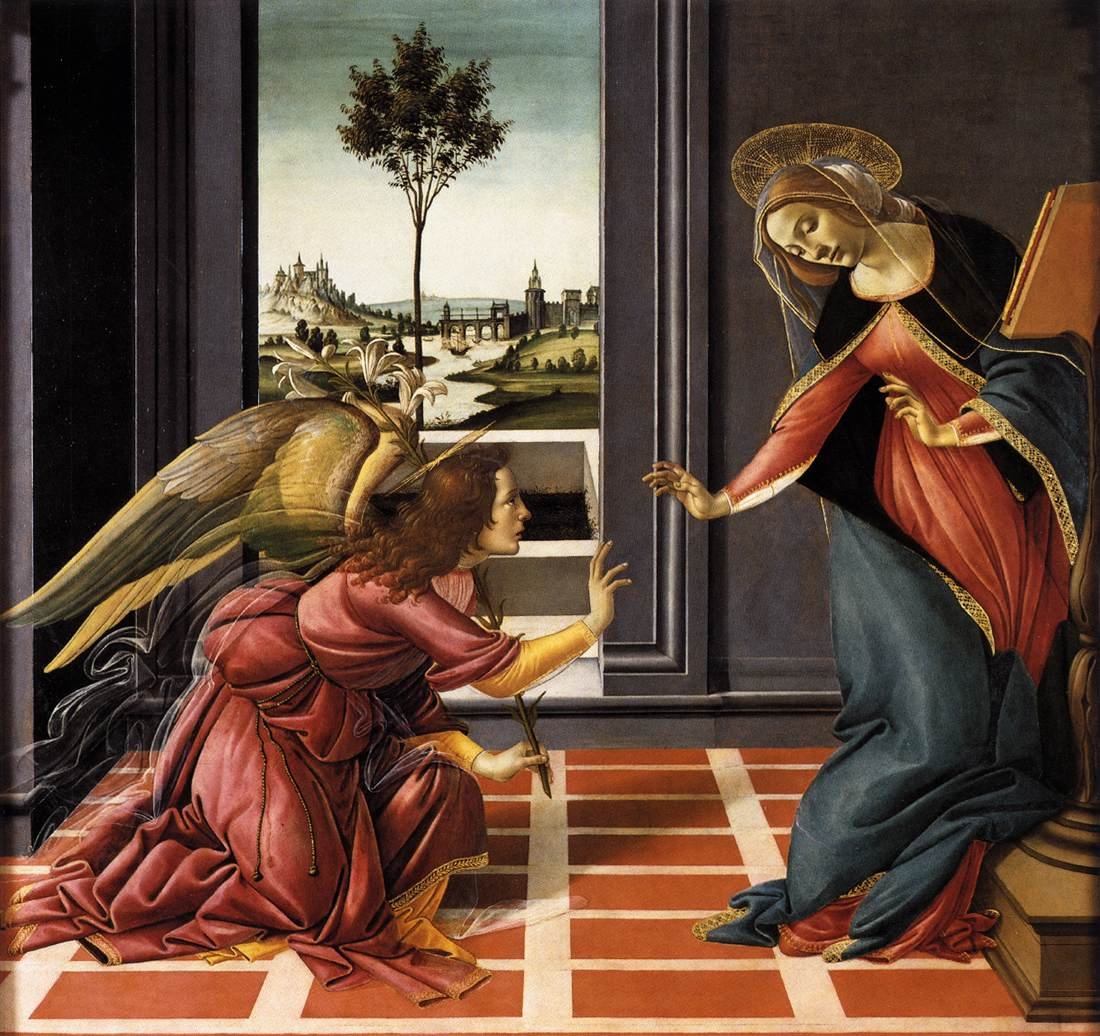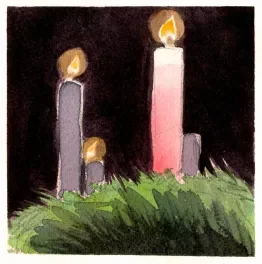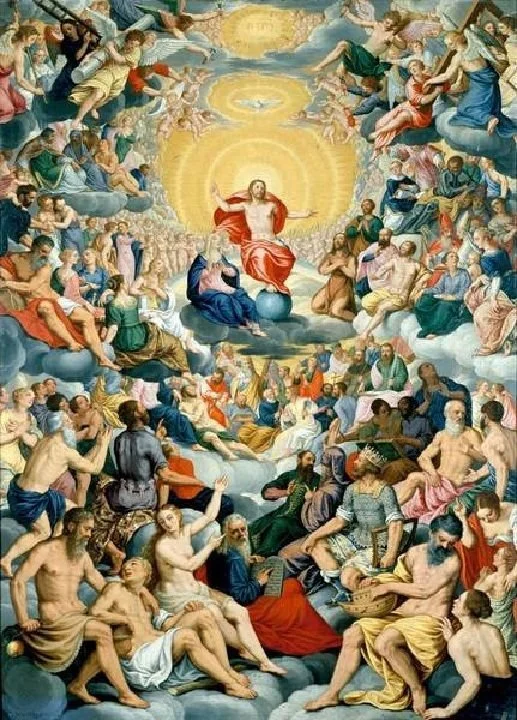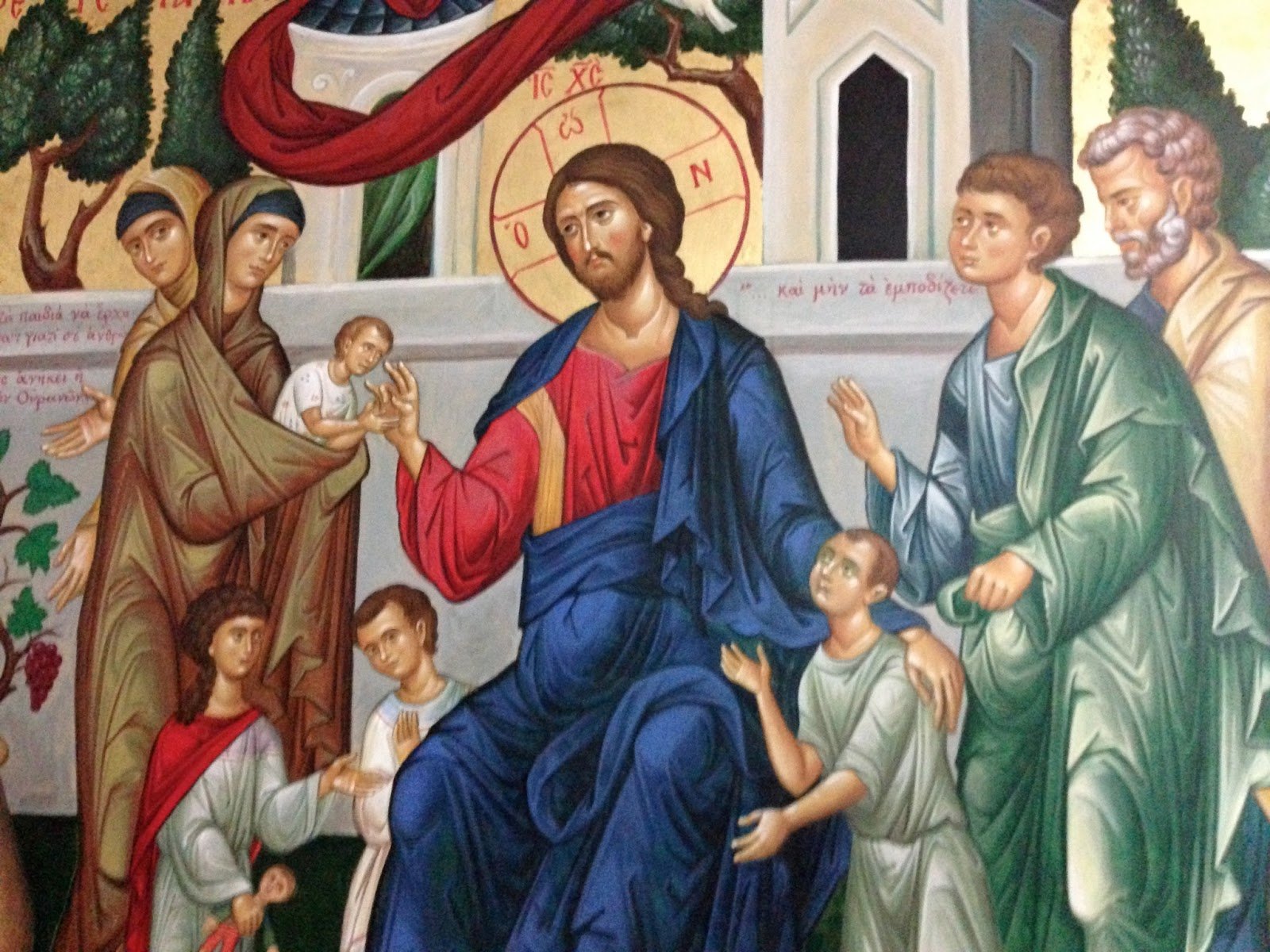
Weekly Gospel Reflections
Sixth Sunday in Ordinary Time
We must admit, our Gospel today is very challenging! So much so that it could be a temptation for us to dismiss this section of the sermon. For example Jesus tells us, “If your right eye causes you to sin, tear it out and throw it away. It is better for you to lose one of your members than to have your whole body thrown into Gehenna.”
What are we to make of this? Haven’t most of our eyes caused us to sin at some point in our lives? What is Jesus trying to say? This is where the wisdom of the Church is an enormous gift.
Fifth Sunday in Ordinary Time
You are the salt of the earth. Salt enhances taste not by adding flavor, but by chemically altering how our taste buds perceive bitterness and sweetness. If salt were to lose its taste, it would be useless to any dish — nothing can substitute for salt.
Fourth Sunday in Ordinary Time
The Beatitudes in today’s Gospel remind us that God does not operate in the ways of the world. The world rewards power, wealth and admiration while God rewards those who are poor in spirit, meek and persecuted. When I prayed with this Gospel passage, I was convicted that I had gotten stuck in thinking the way that the world does. That I needed to expand my mind and be open to what God is trying to tell me, even if it doesn’t make sense right away. When we are surrounded by so many voices, from social media to television shows, it’s important to once again immerse ourselves in the Word of the Lord. As we hear in Isaiah 55:8 “For my ways are not your ways and my thoughts are not your thoughts”. The best way to become familiar with the voice and the will of God is to read Scripture.
Third Sunday in Ordinary Time
Today’s Gospel highlights how intentional God is through the way He calls His Disciples. Simon Peter, Andrew, James, and John are all fishermen, and Jesus calls them by saying “Come after me, and I will make you fishers of men.” He meets them where they physically are, using language that is custom-tailored to their profession, just like He will come to you wherever you are and speak to you as His beloved child. I encourage you to try to open your eyes to the ways God is trying to particularly love you!
Second Sunday in Ordinary Time
The Gospel presents us with a profound moment of transition and revelation. We see John the Baptist standing with his disciples when Jesus walks by, prompting John’s famous declaration: “Behold, the Lamb of God!” This encounter is much more than a chance meeting; it is the fulfillment of a lifelong journey of faith and a blueprint for our own lives as baptized Christians.
Baptism of the Lord
We greeted the Christ-child just a few short weeks ago, but in today’s readings Jesus emerges as a man embarking on his public mission. In the first reading, Isaiah prophesies that God will send his “chosen one with whom he he is pleased,” and that he will place his spirit upon him. Isaiah says that this “servant” of God will bring justice to the nations, not by shouting in the streets, but in gentleness, teaching truth and bringing light. In the Gospel, we see Isaiah’s prophesy finally come to pass: Jesus comes, in humility, to be baptized by his cousin John. In that moment, God sends his spirit upon Jesus, proclaiming that “this is my beloved son, in whom I am well pleased.”
Epiphany of the Lord
Today with the wise men, rejoice at the sight of the star of the Lord- the child Jesus, who “is the light of all mankind” (John 1:4). Let us all welcome this light into our hearts. Letting Him into our hearts, after all, is the most fitting way to “pay him homage” and “open our treasures to him, ”as the wise men did long ago on this most special feast. The darkness has not, and will not, overcome the light of the newborn King. May His light enter all of our hearts today!
Feast of the Holy Family
Today the Church celebrates the Holy Family—Jesus, Mary, and Joseph. Together they are the greatest model of family life. But what is it about their family dynamic that makes it so great?
We often picture the Holy Family as portrayed in Christmas cards. And while I’m sure they shared many serene, beautiful moments, that image can give us a very unrealistic sense of what their life was actually like.
Christmas Day
Merry Christmas dear friends! An angel of the Lord, bathed in light, illumines the night and brings glad tidings to the shepherds: “I bring you good news of great joy that will be for all the people.” (Lk 2:10). God has become one of us to make us like Himself and so bring us together to the embrace of the Father.
Fourth Sunday of Advent
In these final days before Christmas, the liturgy slowly draws us into the mystery of the Incarnation—the Savior born for humanity. As we keep watch in silence with Mary and Joseph, I invite you to reflect on this poem by St. John of the Cross:
Third Sunday of Advent
Happy third Sunday of advent!
Advent is a time of waiting and anticipation for the birth of Jesus; the first two weeks have been focused on preparation. This Sunday, Gaudete Sunday, is marked by the pink candle on the advent wreath and is a joyful day. In Latin, Gaudete translates to “rejoice”; today is about the excitement, anticipation, and hope we feel as Christmas quickly approaches.
Second Sunday of Advent
In our Gospel today, we hear from John the Baptist. We don’t know much about his life other than a few pivotal moments, but what we can glean from the few words that we hear from John in the recounts of his life is that he was a man of great focus. One thing alone mattered to him. His ministry was one of prophecy, and of preparing the people to meet their Divine Bridegroom and King. His words awoke people to the reality of their sin, and the necessity to respond to that reality.
First Sunday of Advent
dvent has begun! What a mysterious and beautiful season of the year; a season of hope and of anticipation.
I’m sure in the last several weeks we’ve all experienced the great hurry that our general culture is in to celebrate Christmas. Like clockwork, as soon as Halloween is over, stores and advertisements and local decorations seem to transform overnight into Christmas, with barely a moment to pause for Thanksgiving, let alone for this special season of Advent.
Thirty-Third Sunday in Ordinary Time
Today’s Gospel can be very intimidating and prompts a powerful reflection on our willingness to speak out and profess our faith to others. This Gospel reminds me of the gravity that our testimonies have and the effect that we can have on each other if we share with each other how God is working in our lives. Hearing these stories will not only inspire our brothers and sisters in the faith but also those that do not yet have faith. In the Gospel, Jesus reminds us that the Holy Spirit will provide the words we need in that time. We must trust that God will help us make our testimonies and will guide us.
Feast of the Dedication of the Lateran Basilica in Rome
Happy “Becoming Saints Month!” We’re excited to have a whole month dedicated to the saints, which raises a few questions: “Who are the Saints?” and “What is holiness?” In the Catholic tradition there are canonized saints, officially recognized for their lives of exemplary virtue. But in reality “the saints” refers to all the faithful in Christ, both in heaven and those of us journeying on earth towards heaven. Through our baptism, we have been made holy and set apart, together in the Communion of Saints.
All Souls Day
How lucky are we to have the hope of eternal life. As St. Paul reminds us in his Letter to the Romans, Hope does not disappoint! Particularly as we begin the month of November, we get to remember and pray for our loved ones who have passed, knowing that our God is so merciful and graciously humbled Himself unto death. What a gift that He reconciled us to Himself in this way despite our imperfections. Thanks to His sacrifice, we can have confidence in the fact that the souls of the just are in the hand of God, and that no torment shall touch them, as Solomon writes in the book of Wisdom.
Thirtieth Sunday in Ordinary Time
That image of clouds appears again in today’s first reading, “The prayer of the lowly pierces the clouds” (Sirach 35:21). It echoes the message from last Sunday’s gospel—God hears and answers every prayer. He listens when we are oppressed. He is not deaf to our cries. We are willingly heard, and He will not delay. The promise of our small prayers is powerful—strong enough to pierce the clouds. But how can that be, when we feel so small and our voices so soft? Perhaps it’s because we are already close to His ear. Like a child whispering into the ear of a parent, our petitions reach the heart of the Father.
Twenty-Ninth Sunday in Ordinary Time
When it comes to perseverance in prayer, it’s helpful to know that it will be a battle. Prayer will not always be a place of felt emotions or spiritual consolation. We will go through deserts, and seasons where taking time to pray is inconvenient. In these times, let us beg for grace to grow in fidelity to the Divine Bridegroom, as we are His spouse, the Church.
Twenty-Eighth Sunday in Ordinary Time
After they began walking, they were still lepers. They were still sick, still hurting, still in pain. Yet they obeyed the Lord’s command, uncertain of what would happen. How often are we invited into an action that we do not fully understand? We step forward not knowing the outcome… and only afterwards, looking back, do we see that we have been healed.

